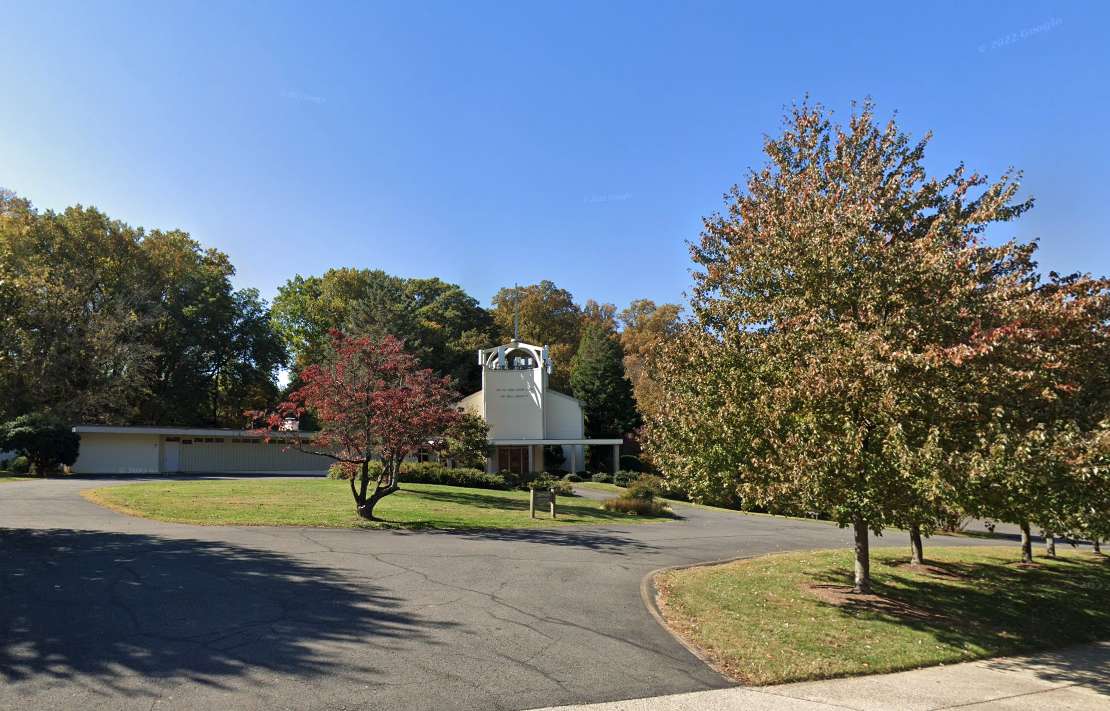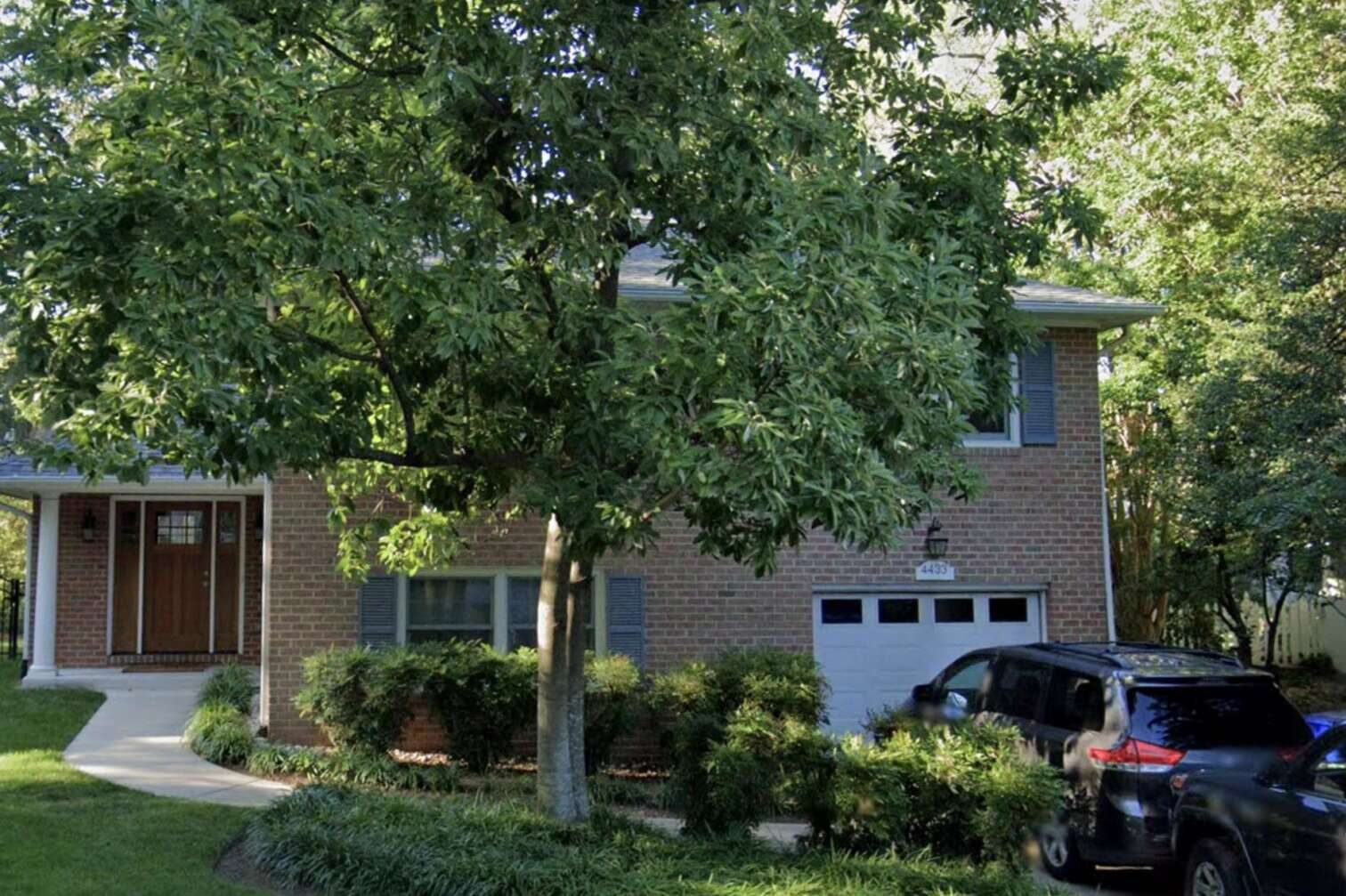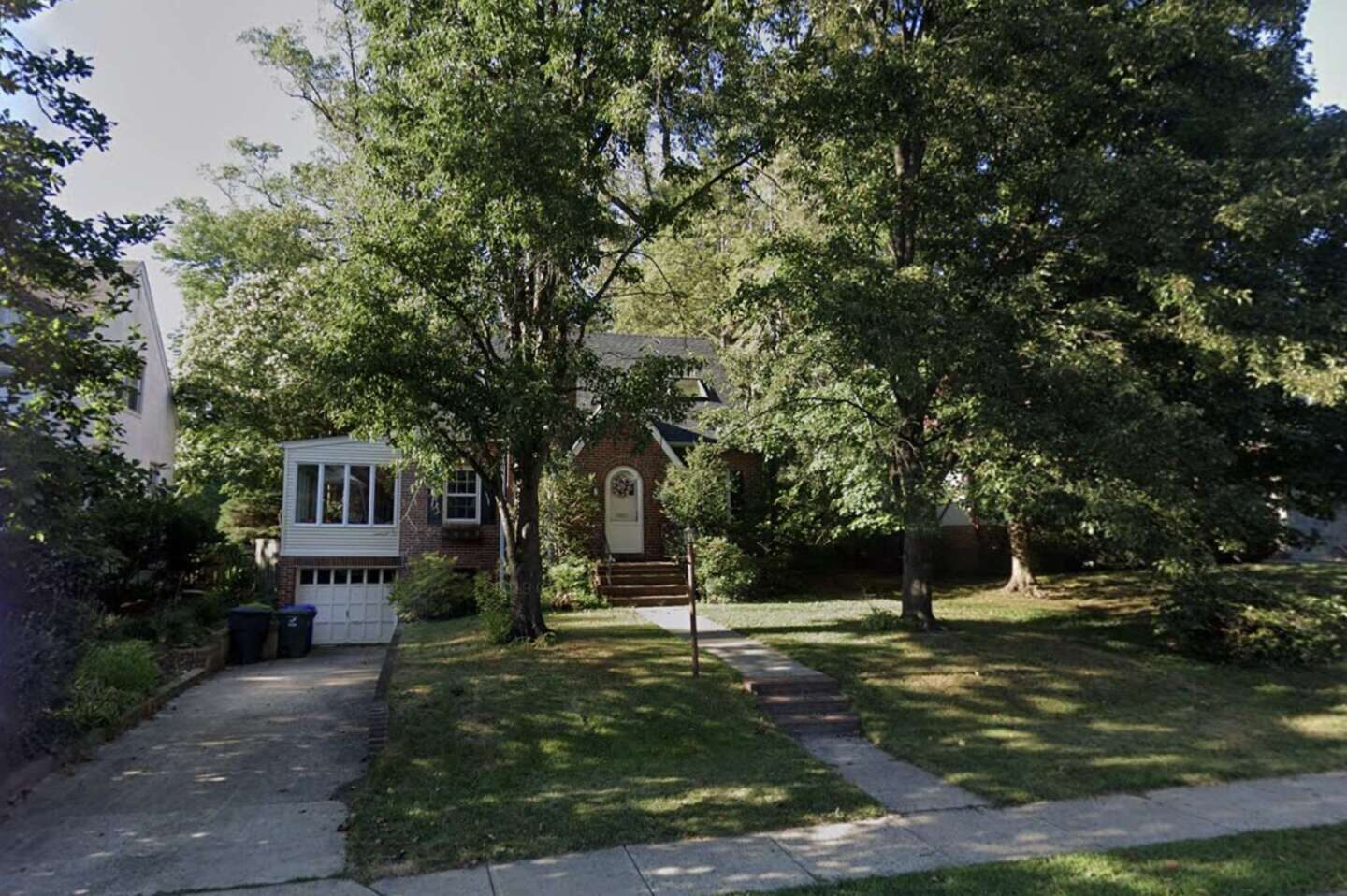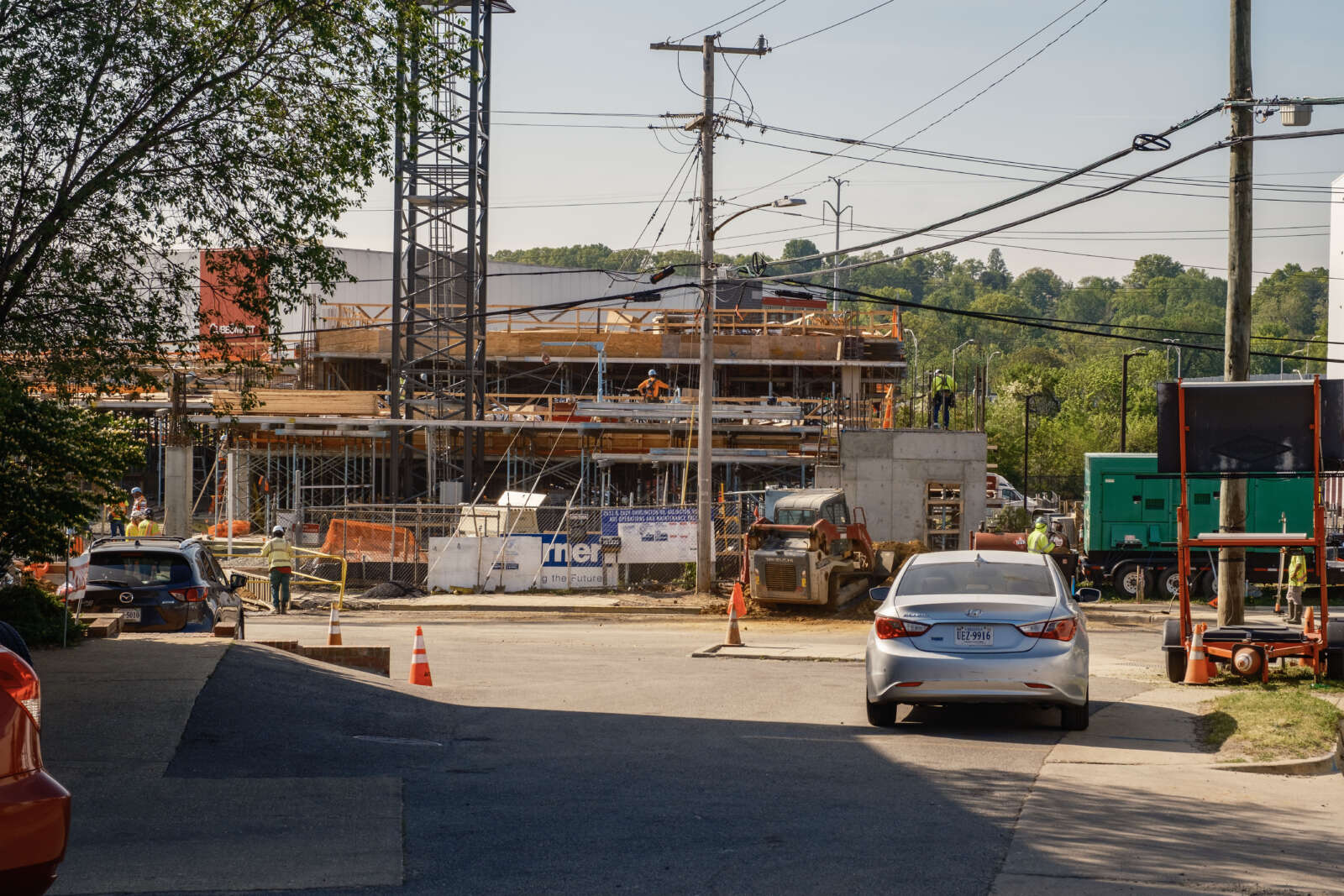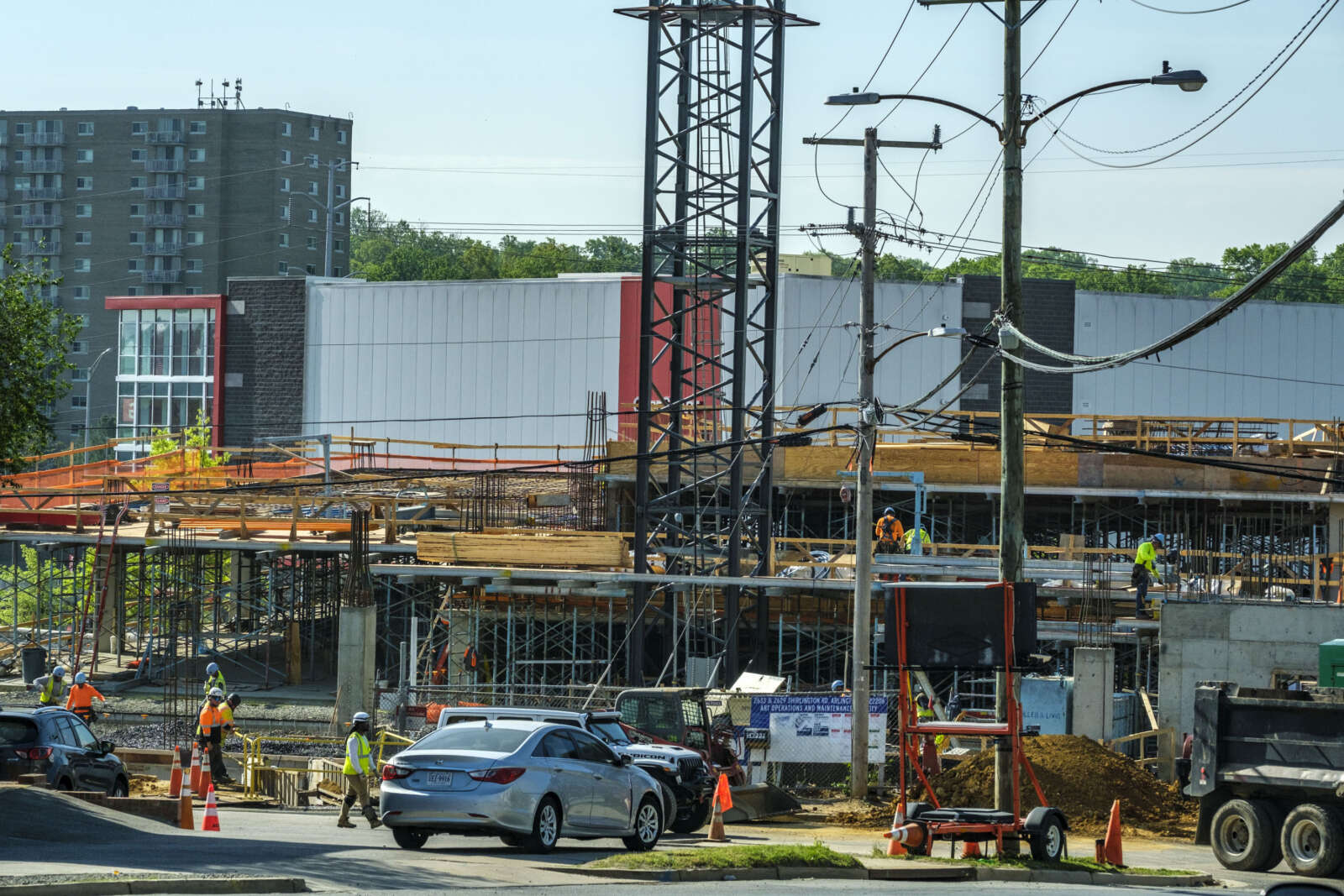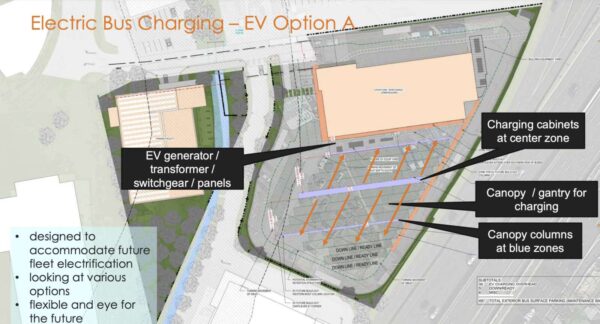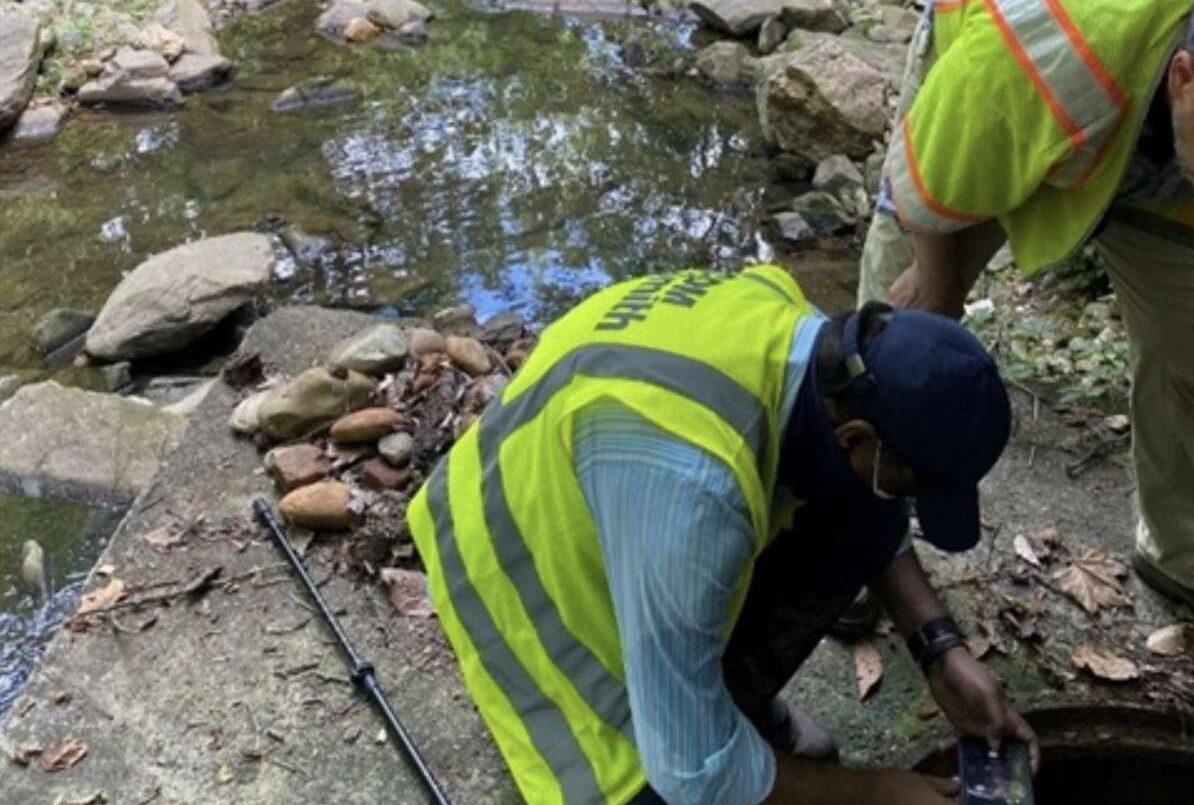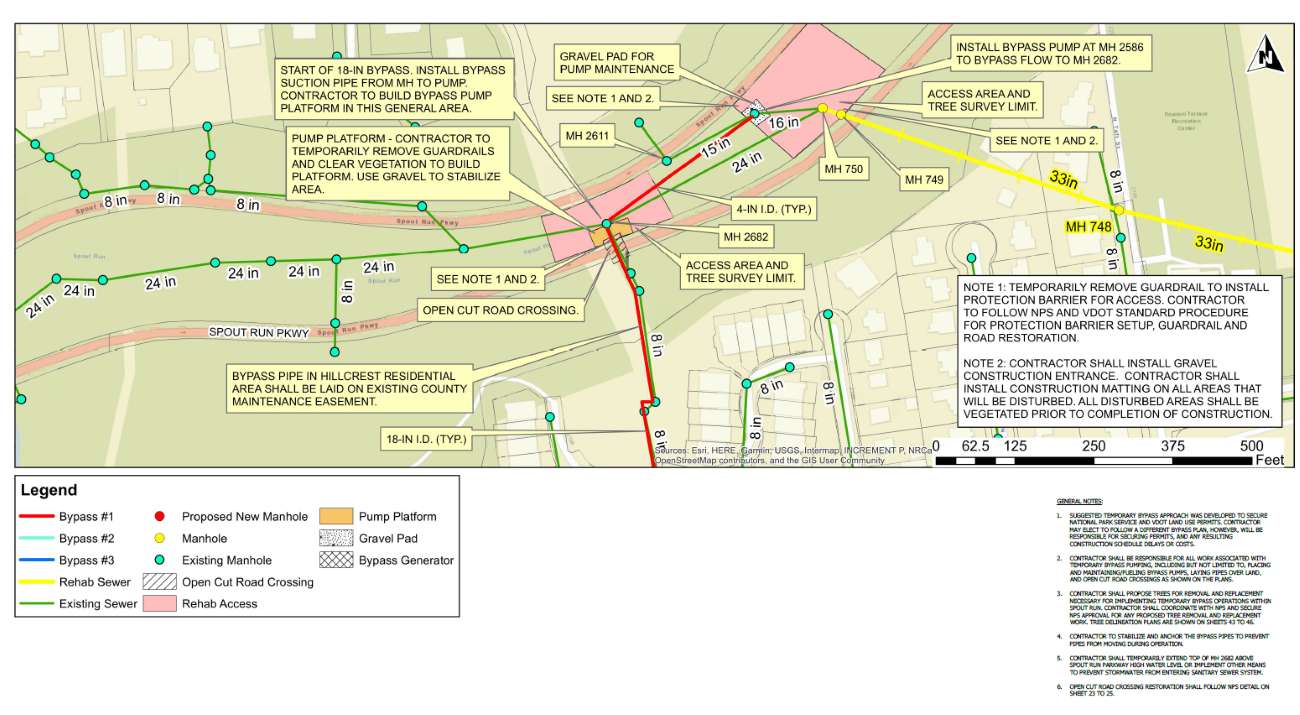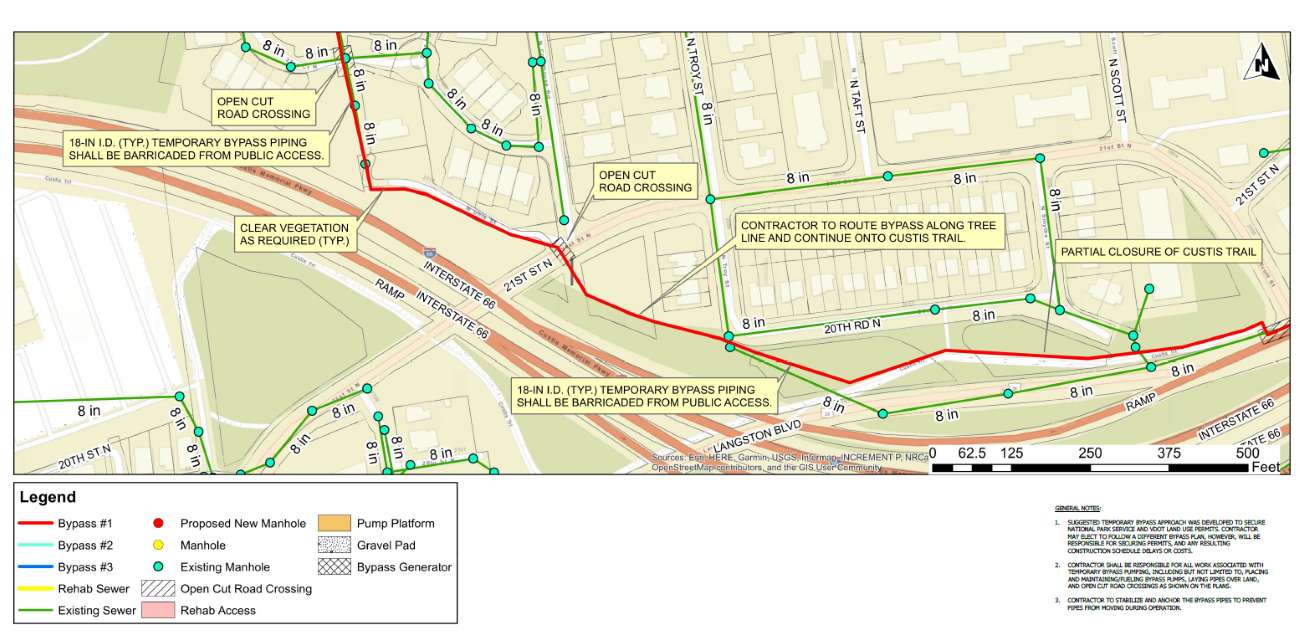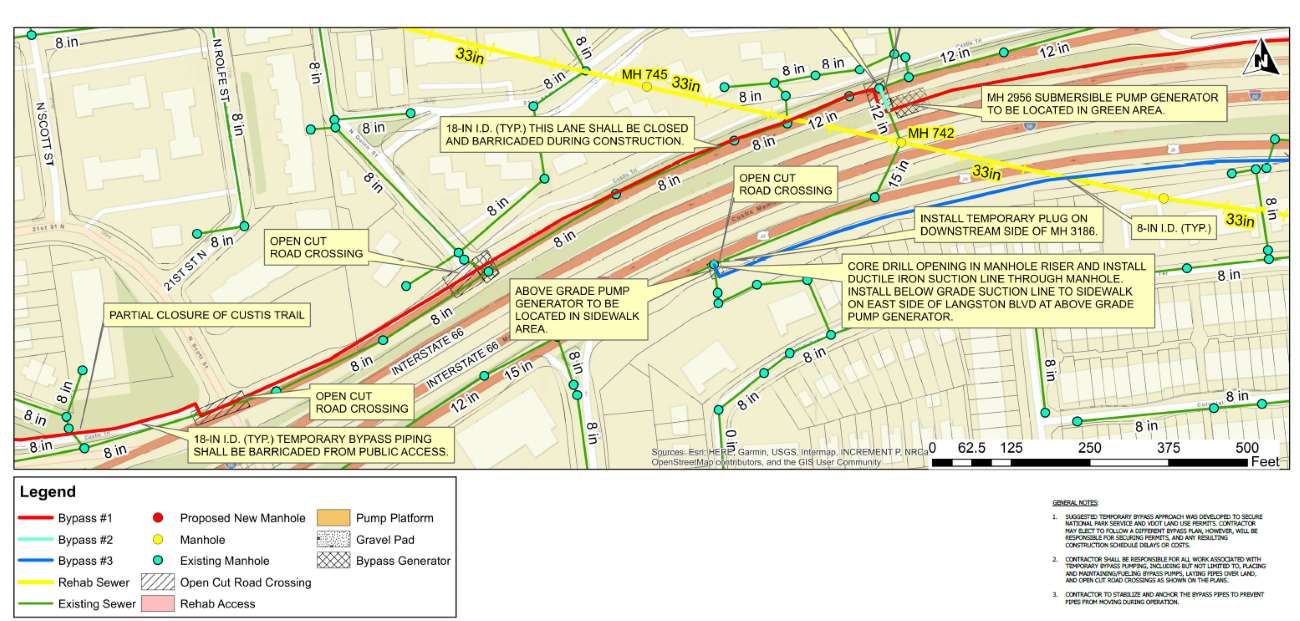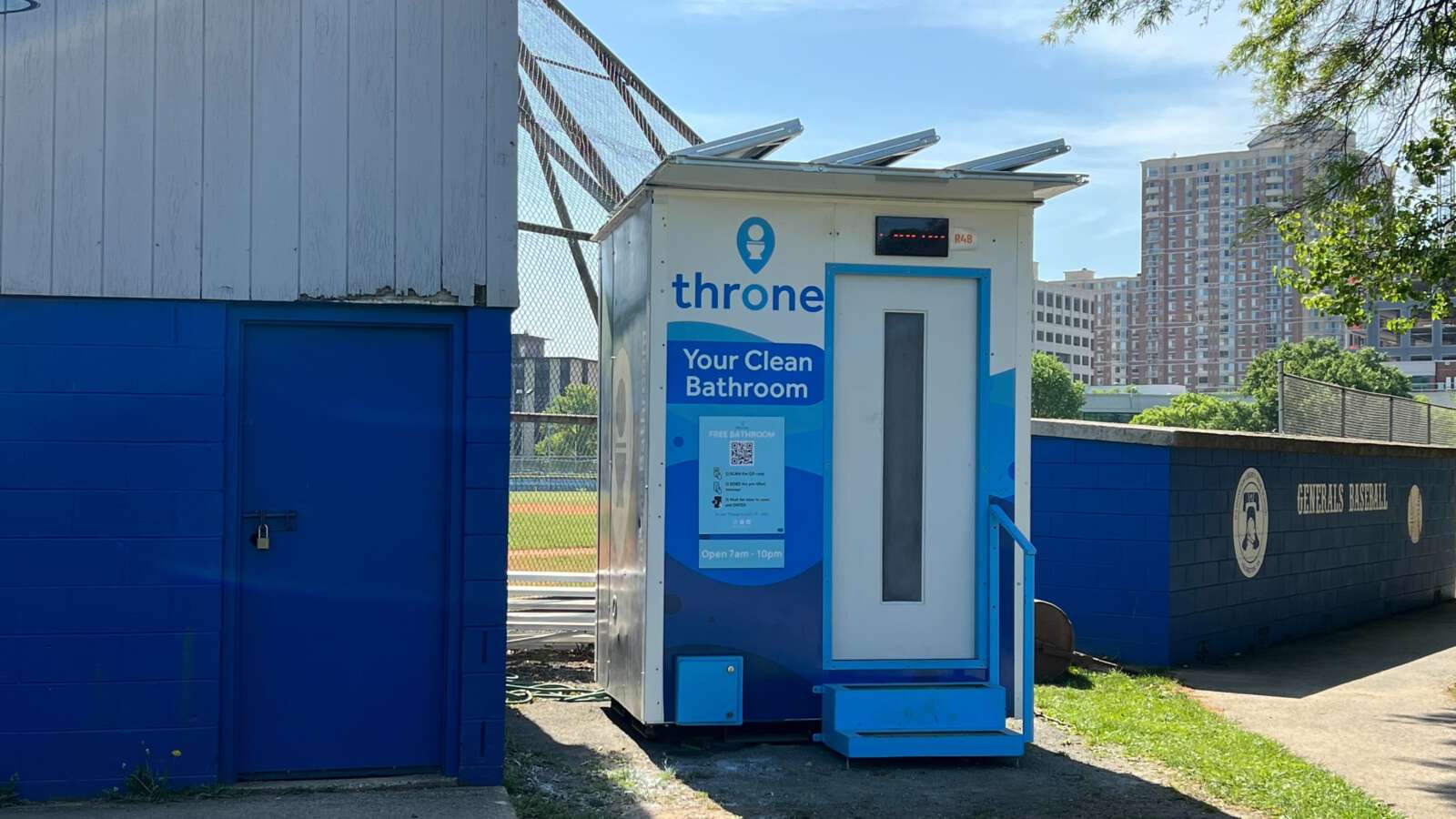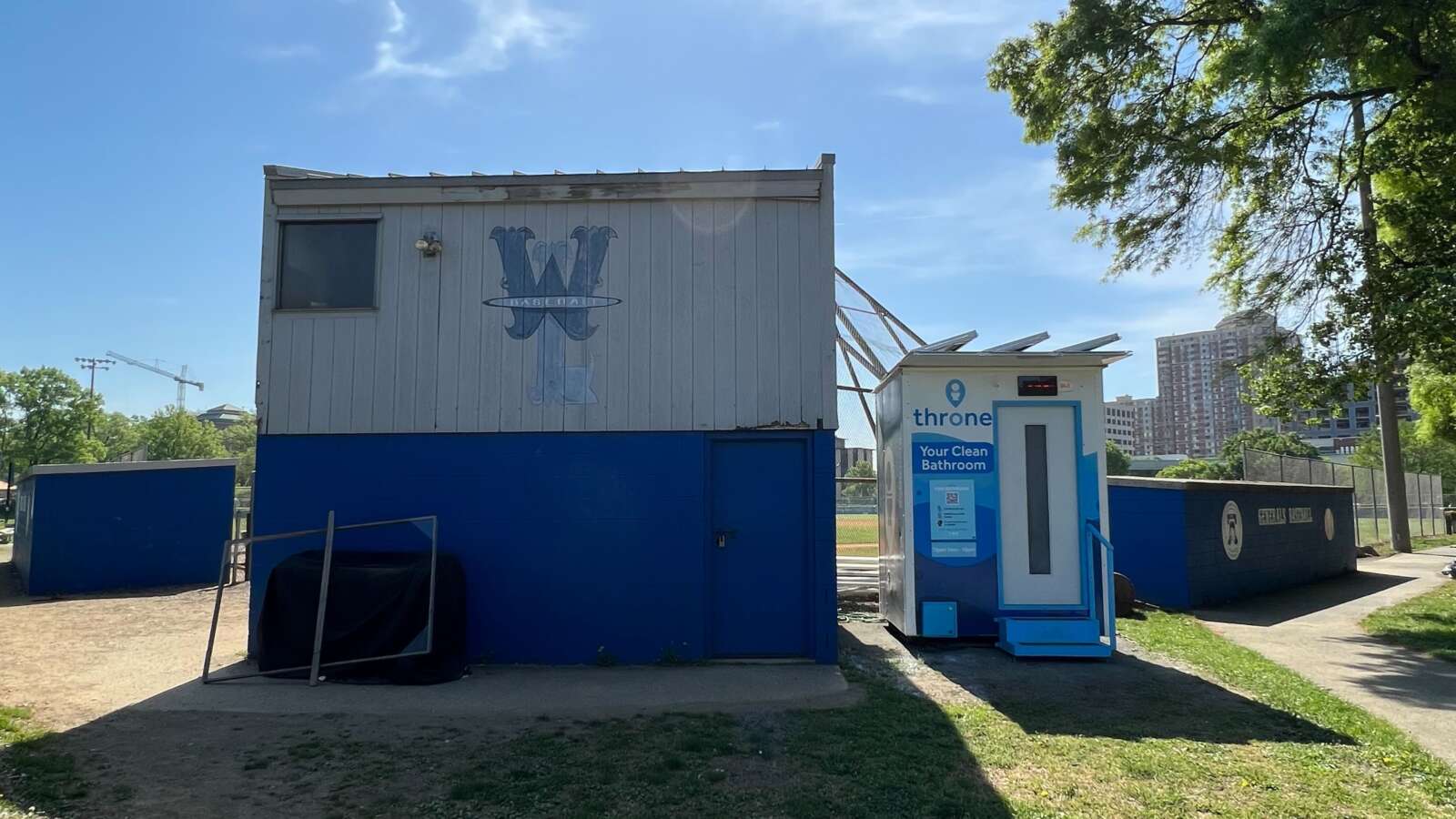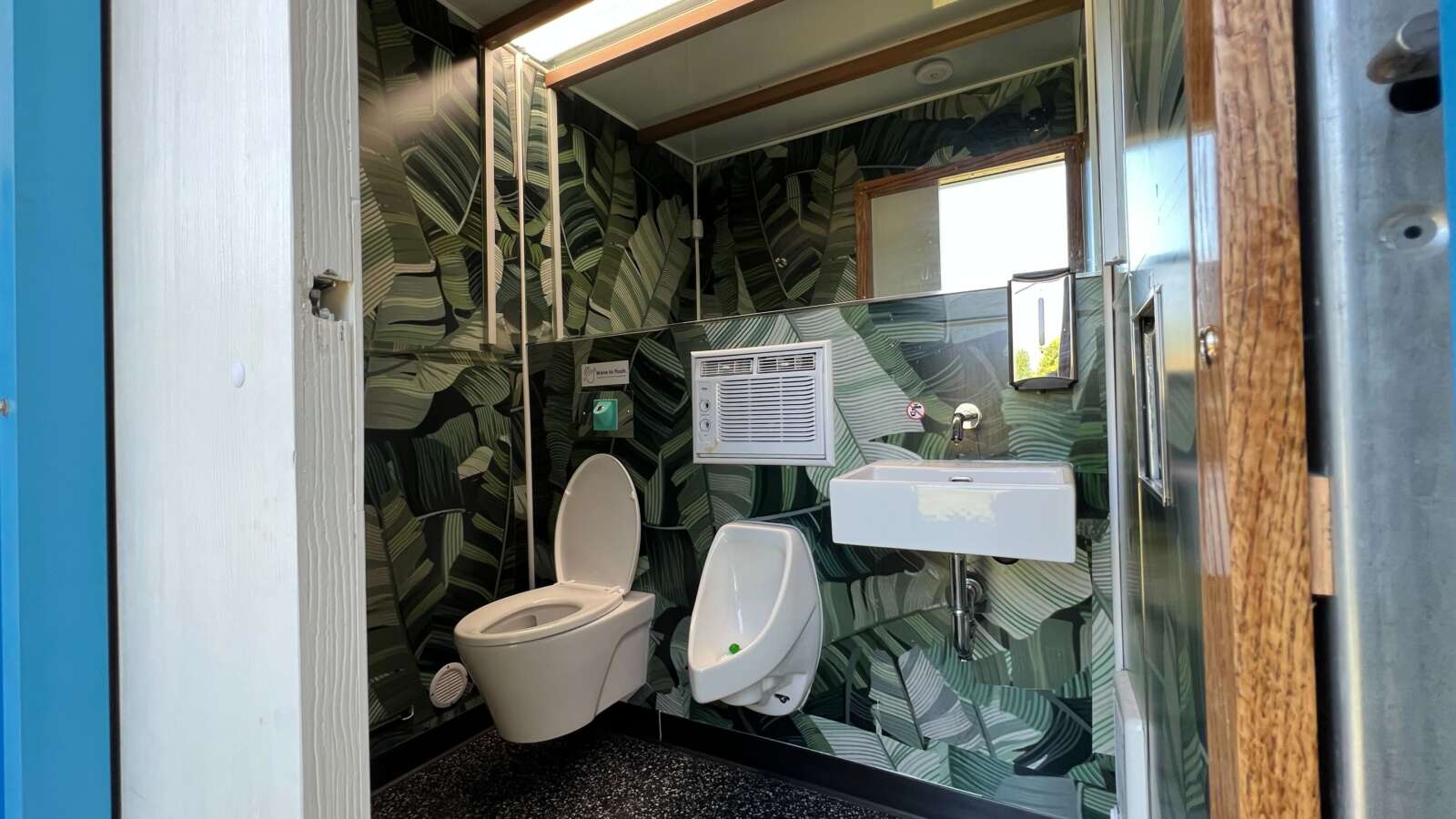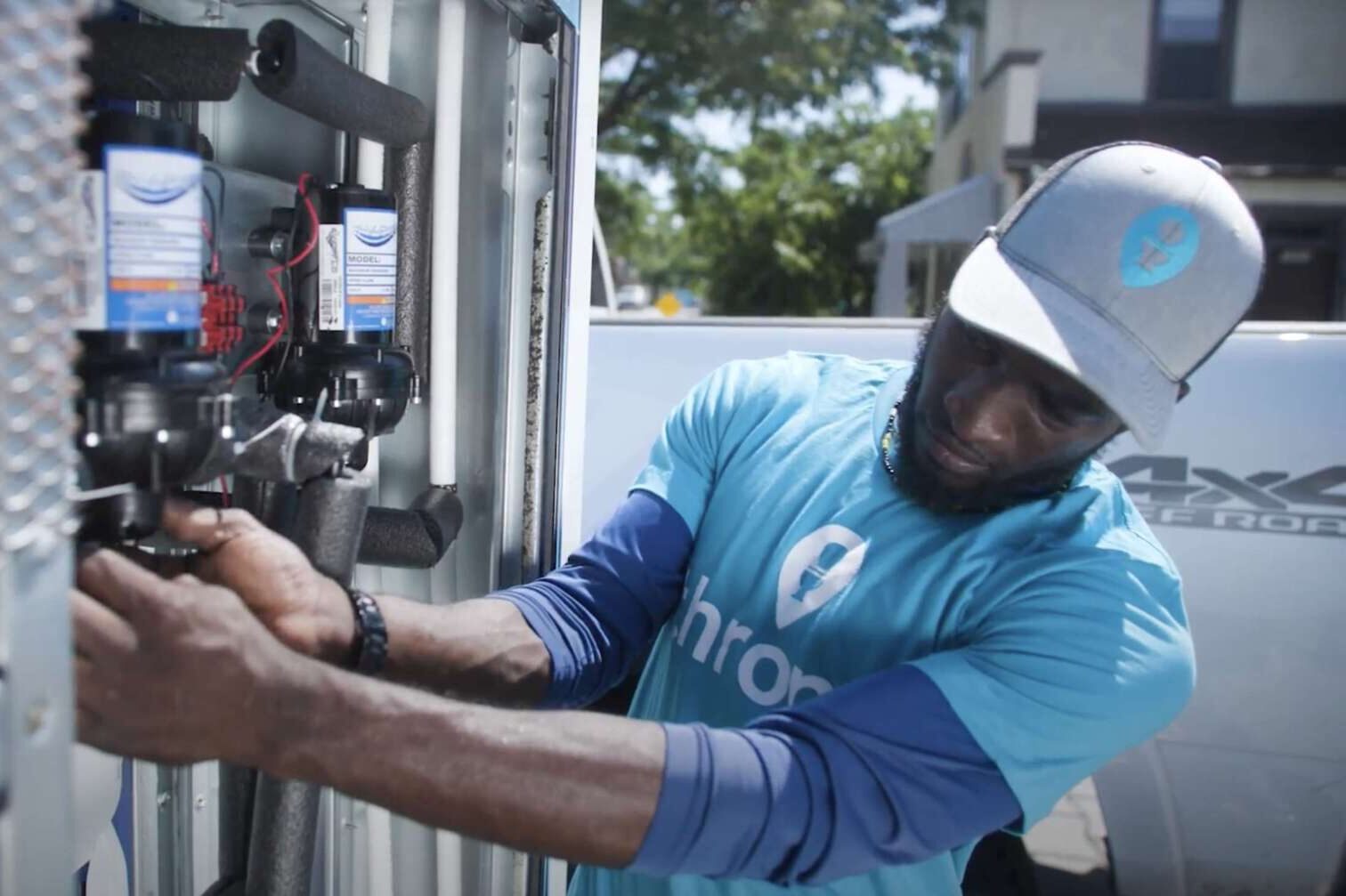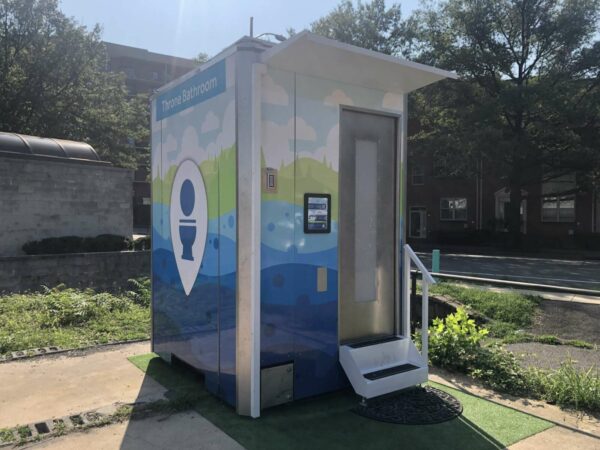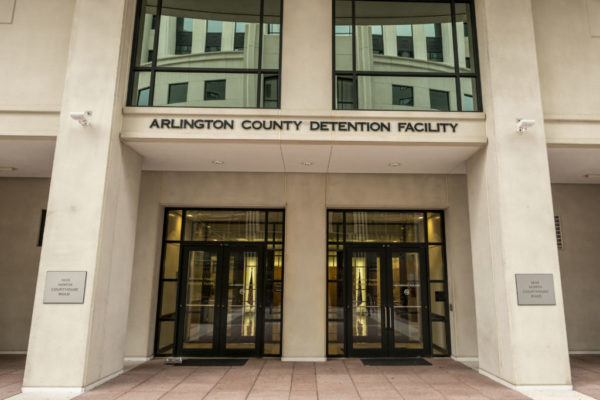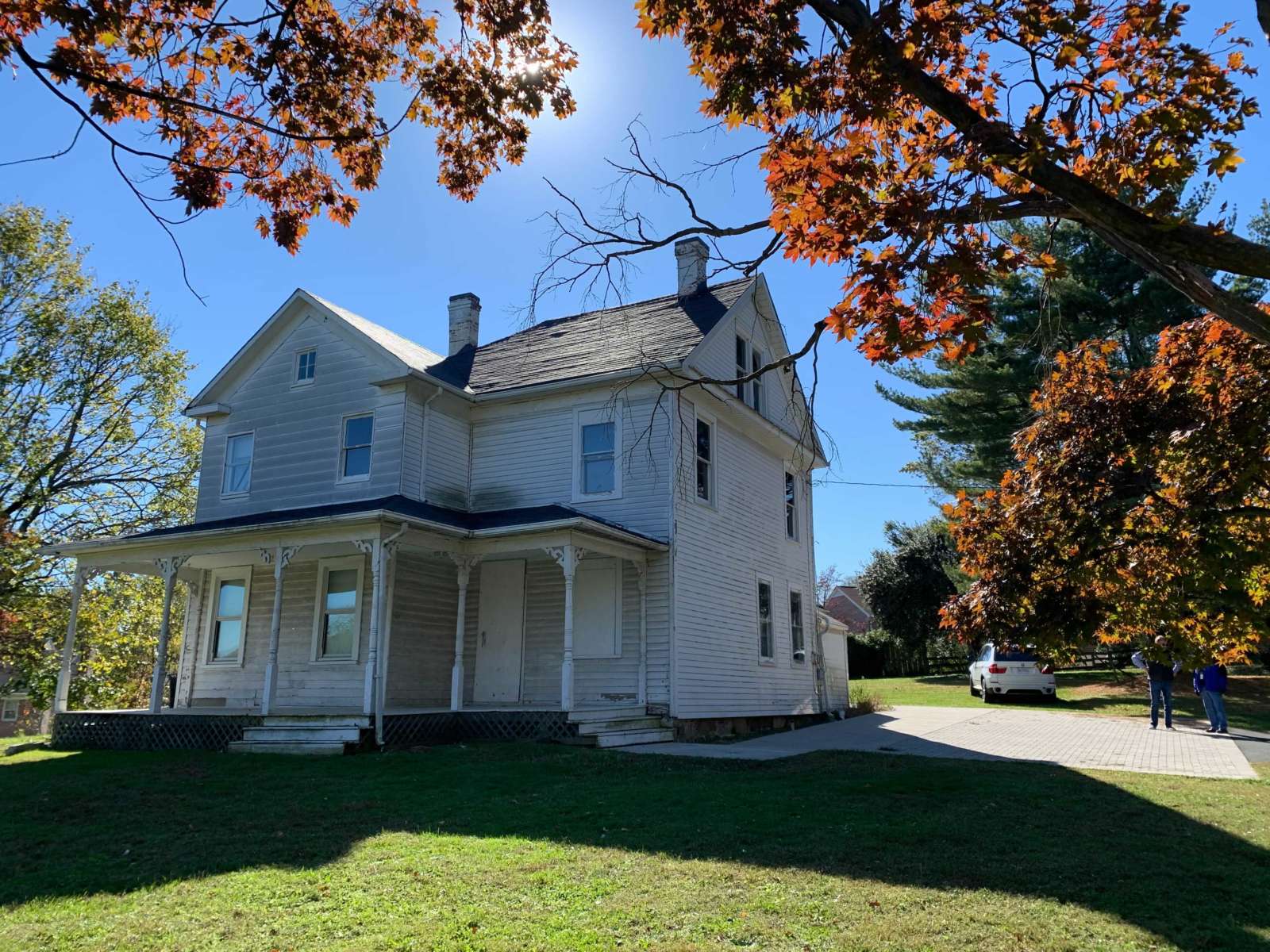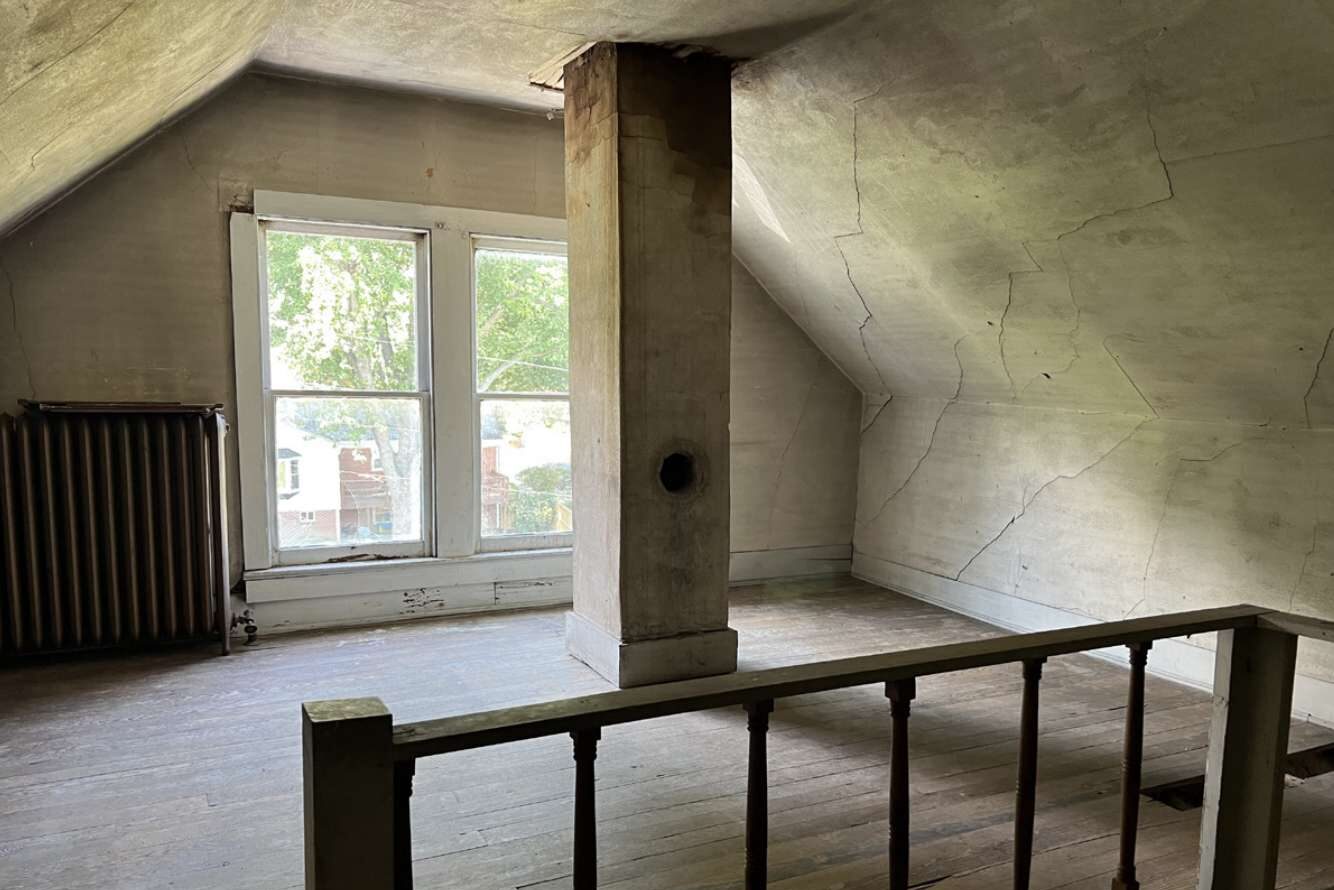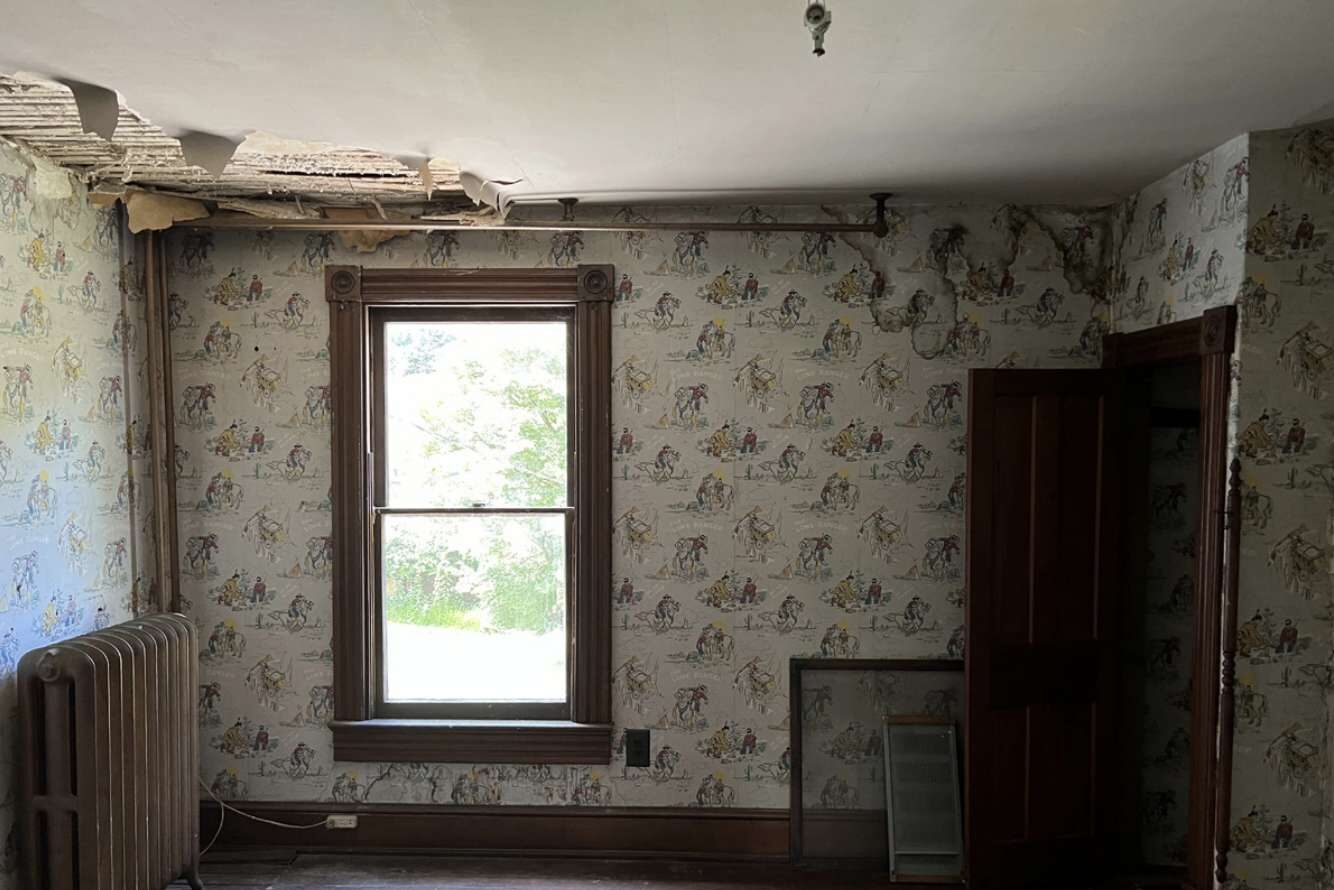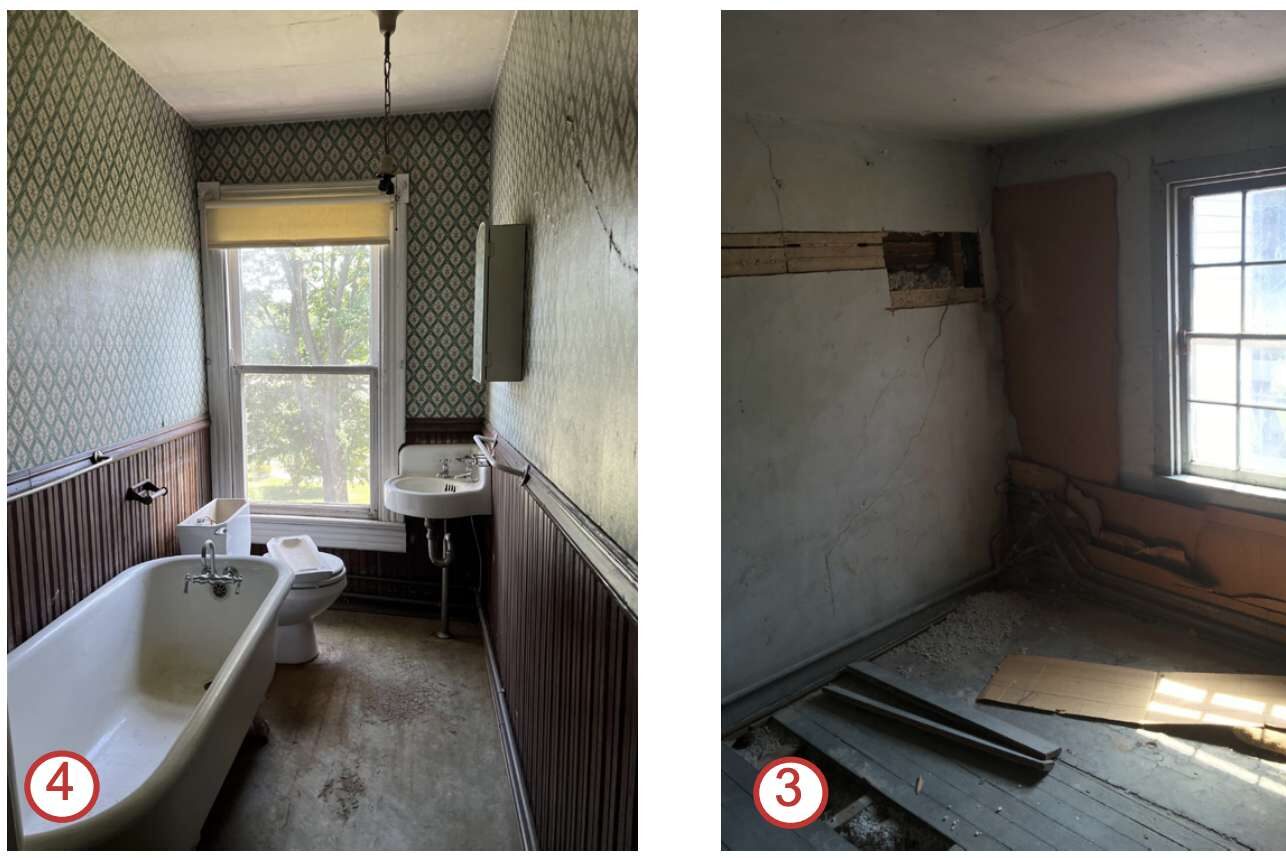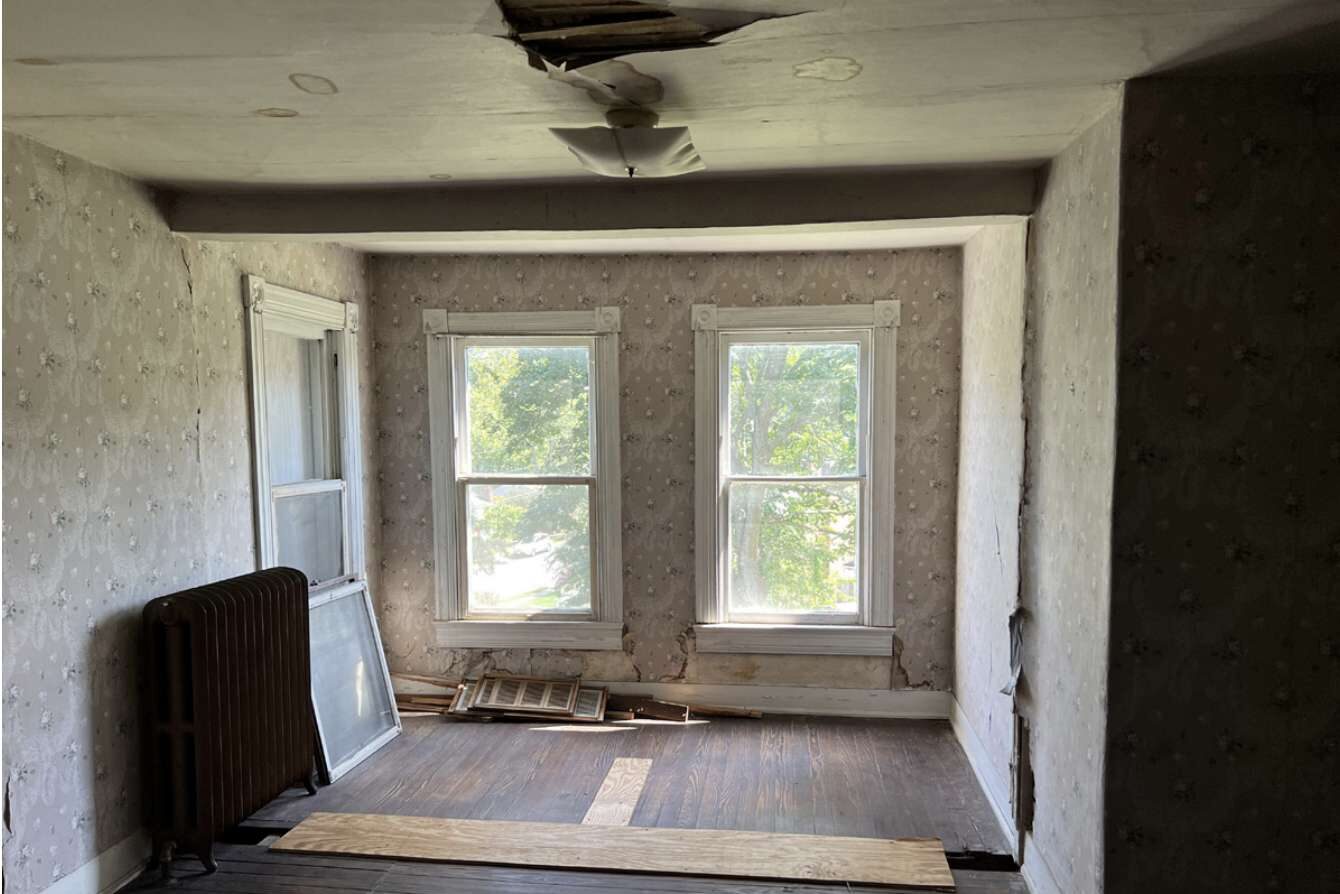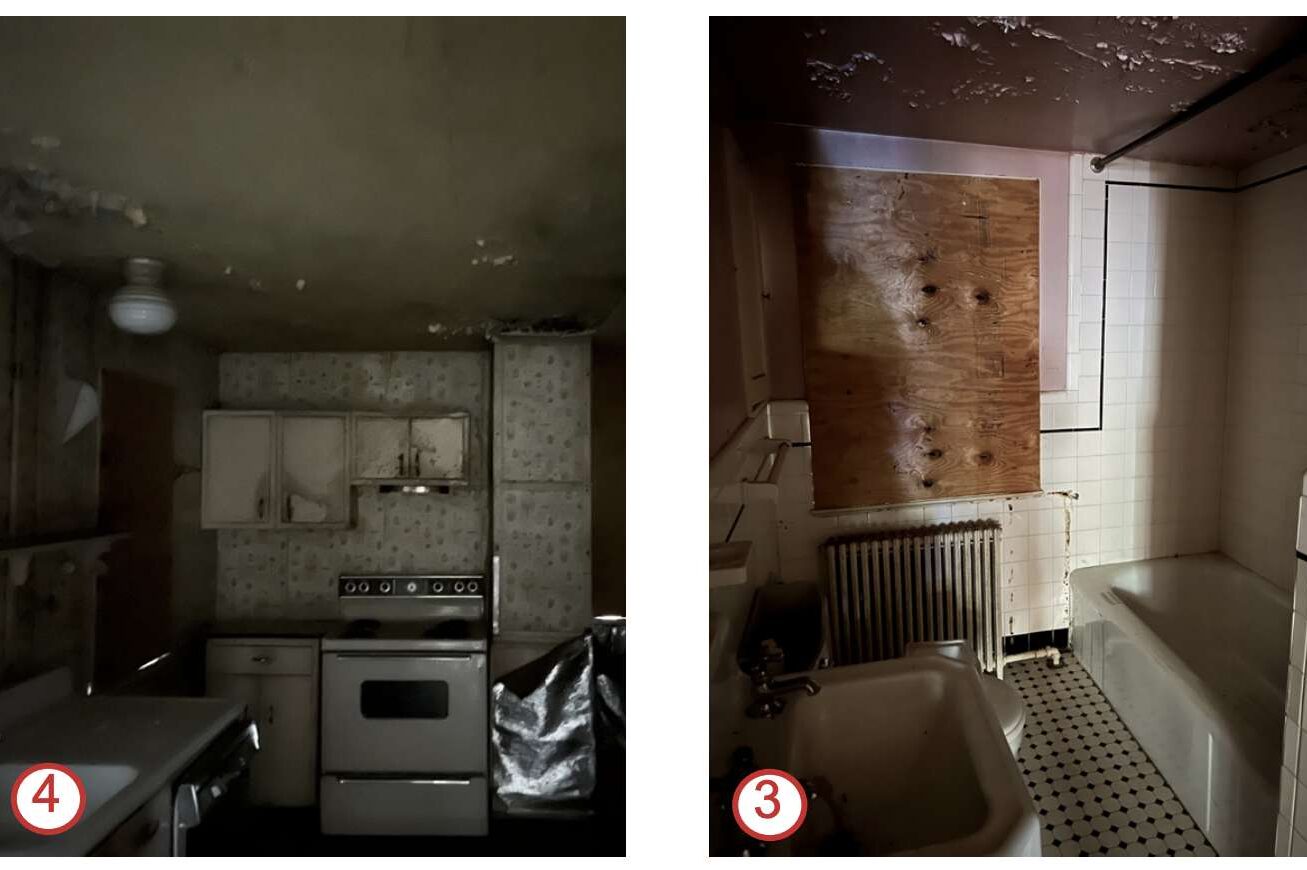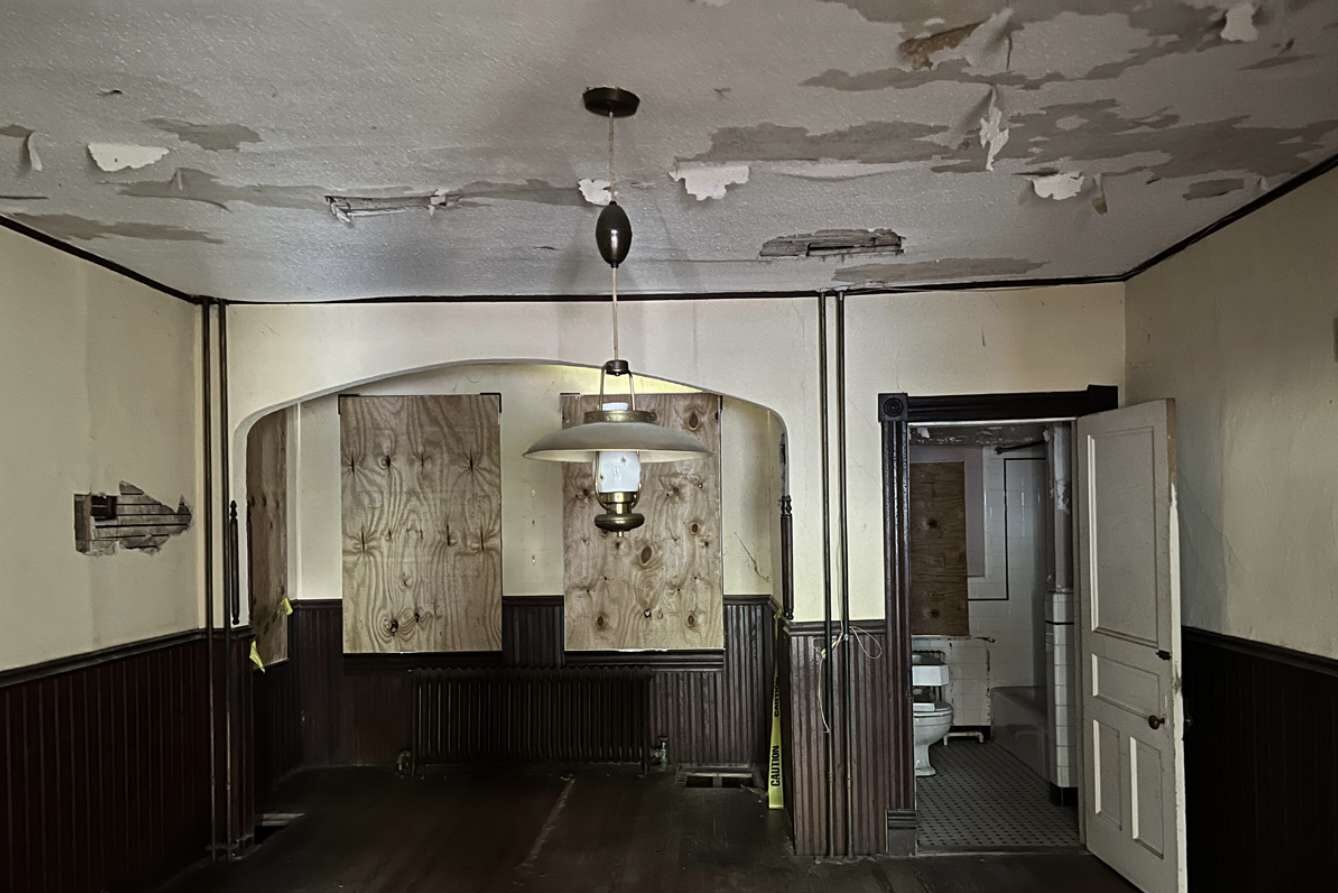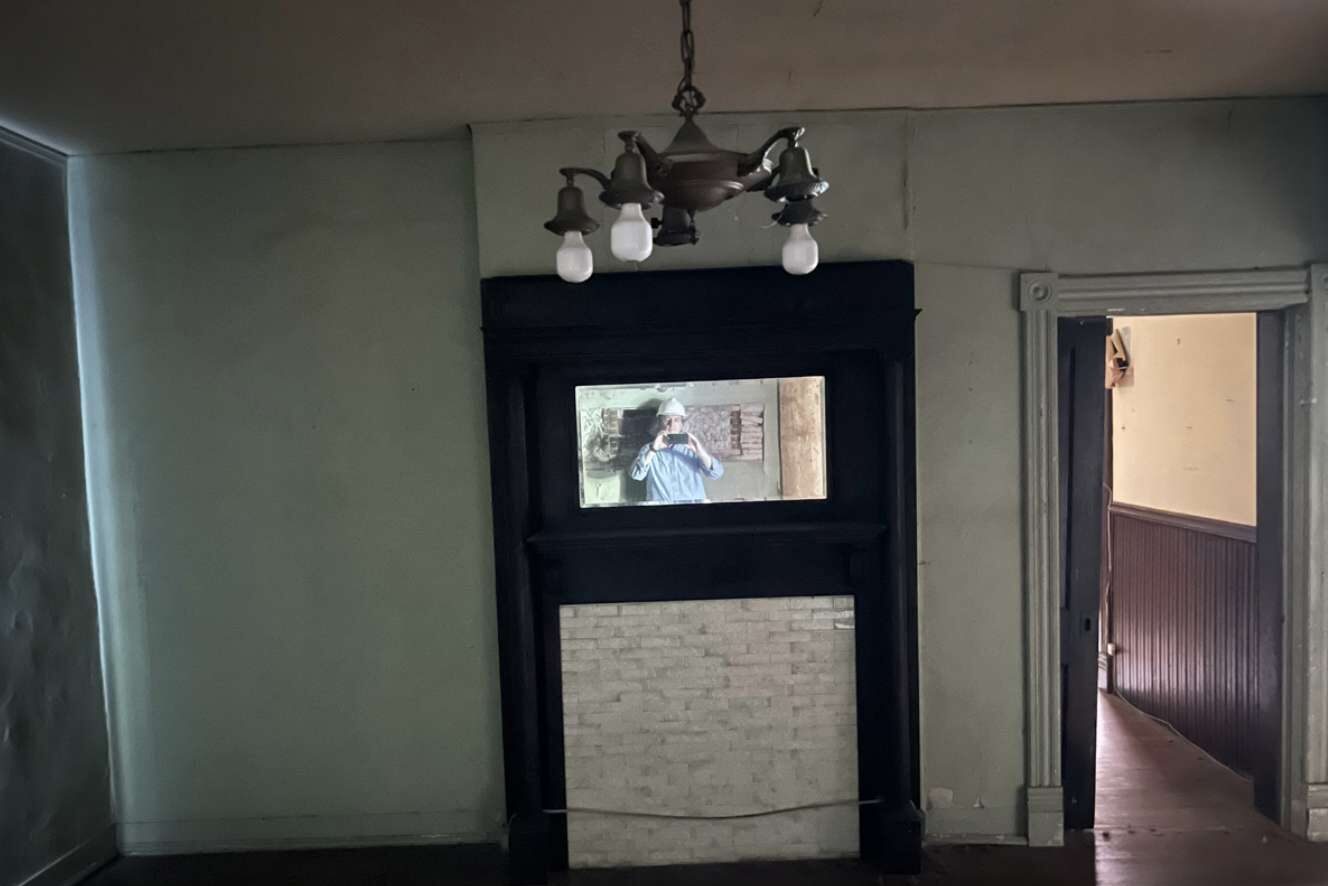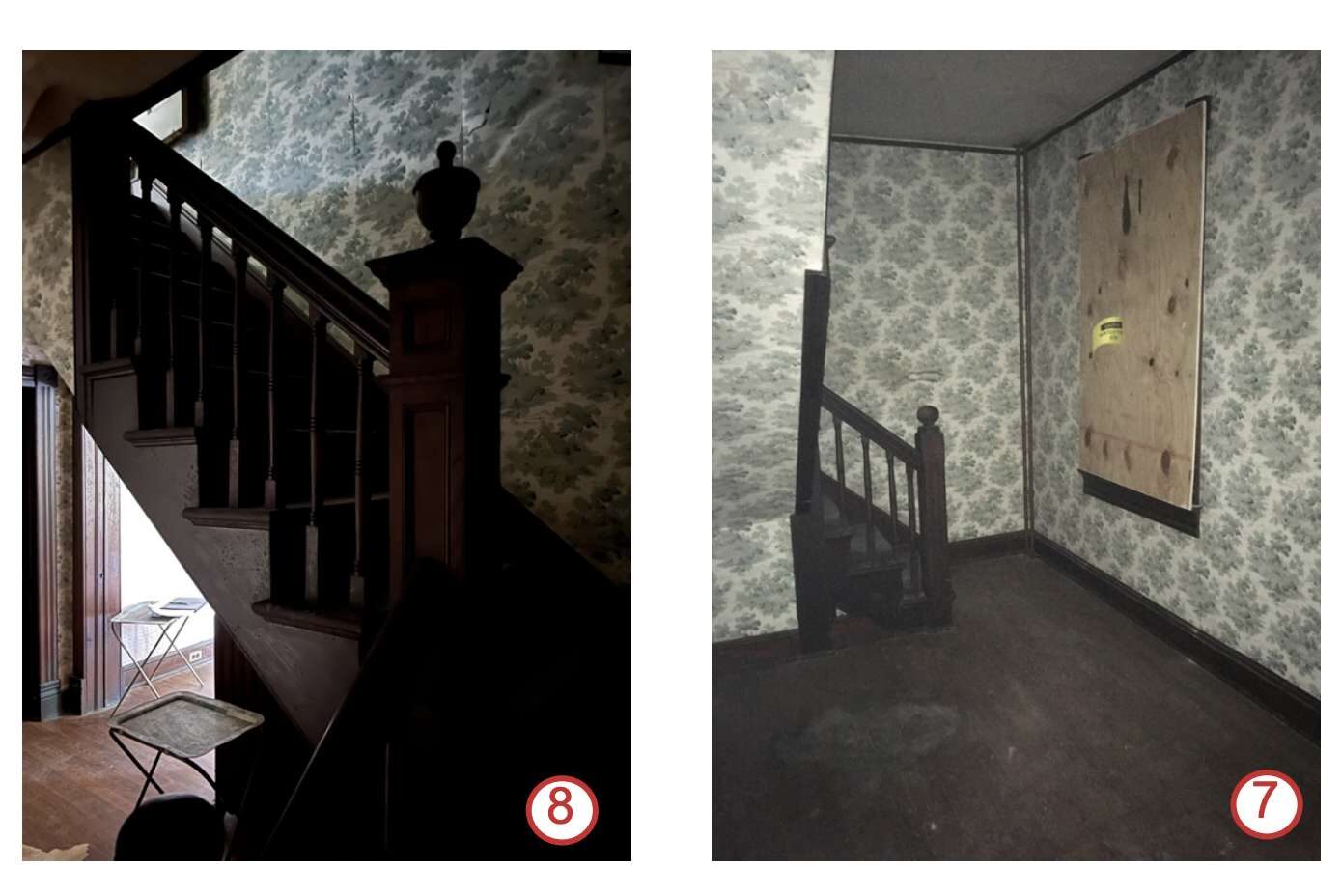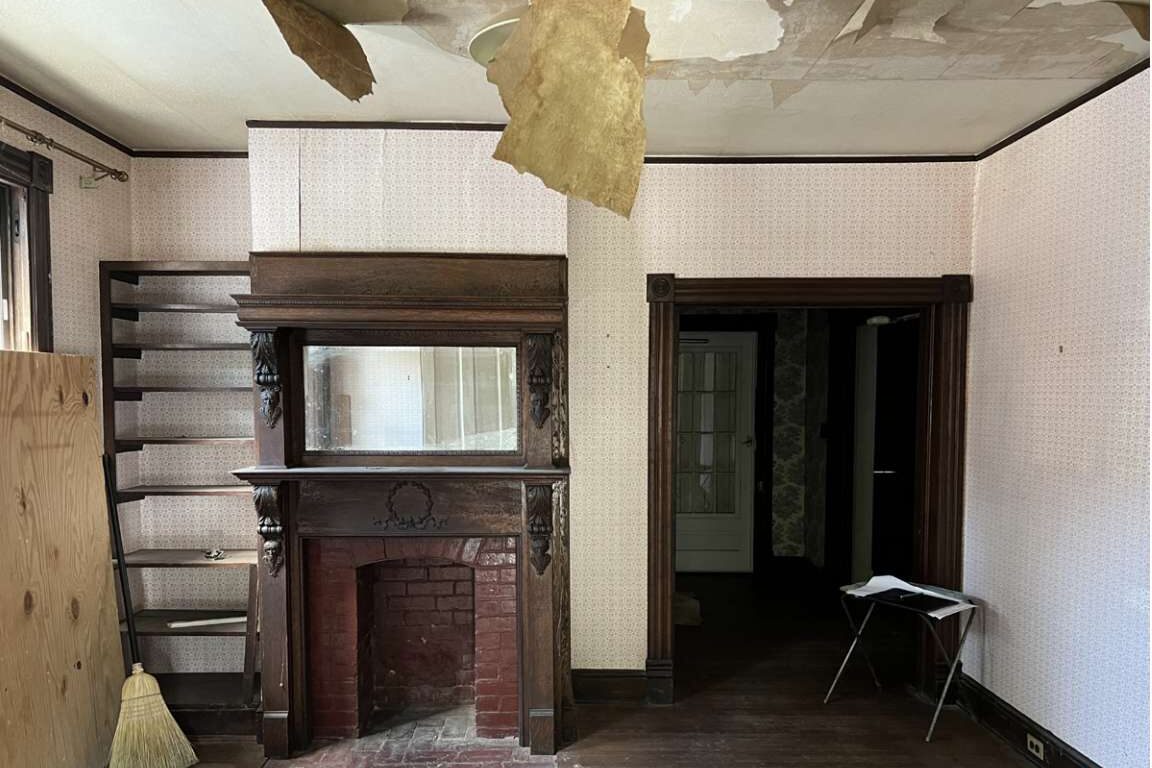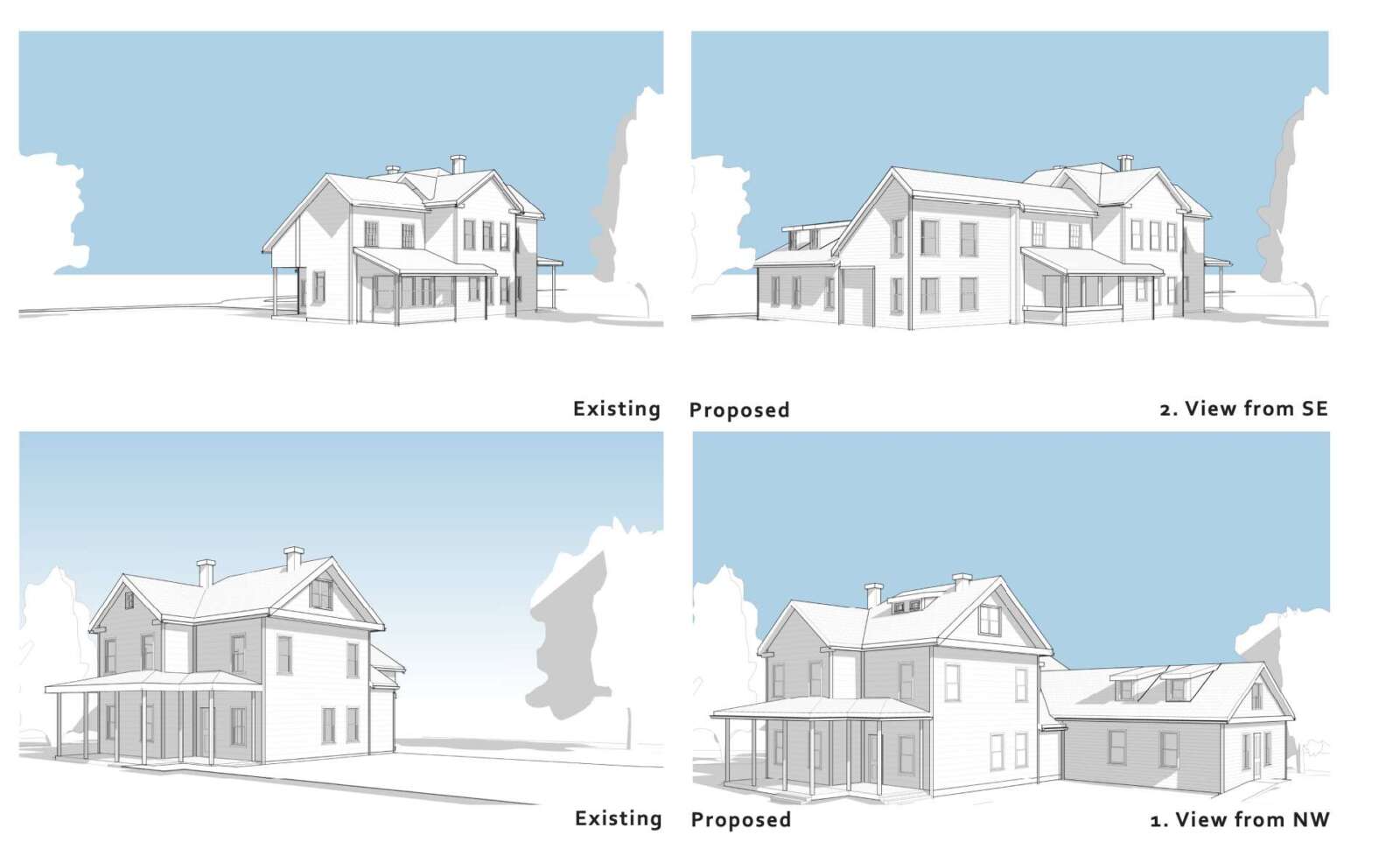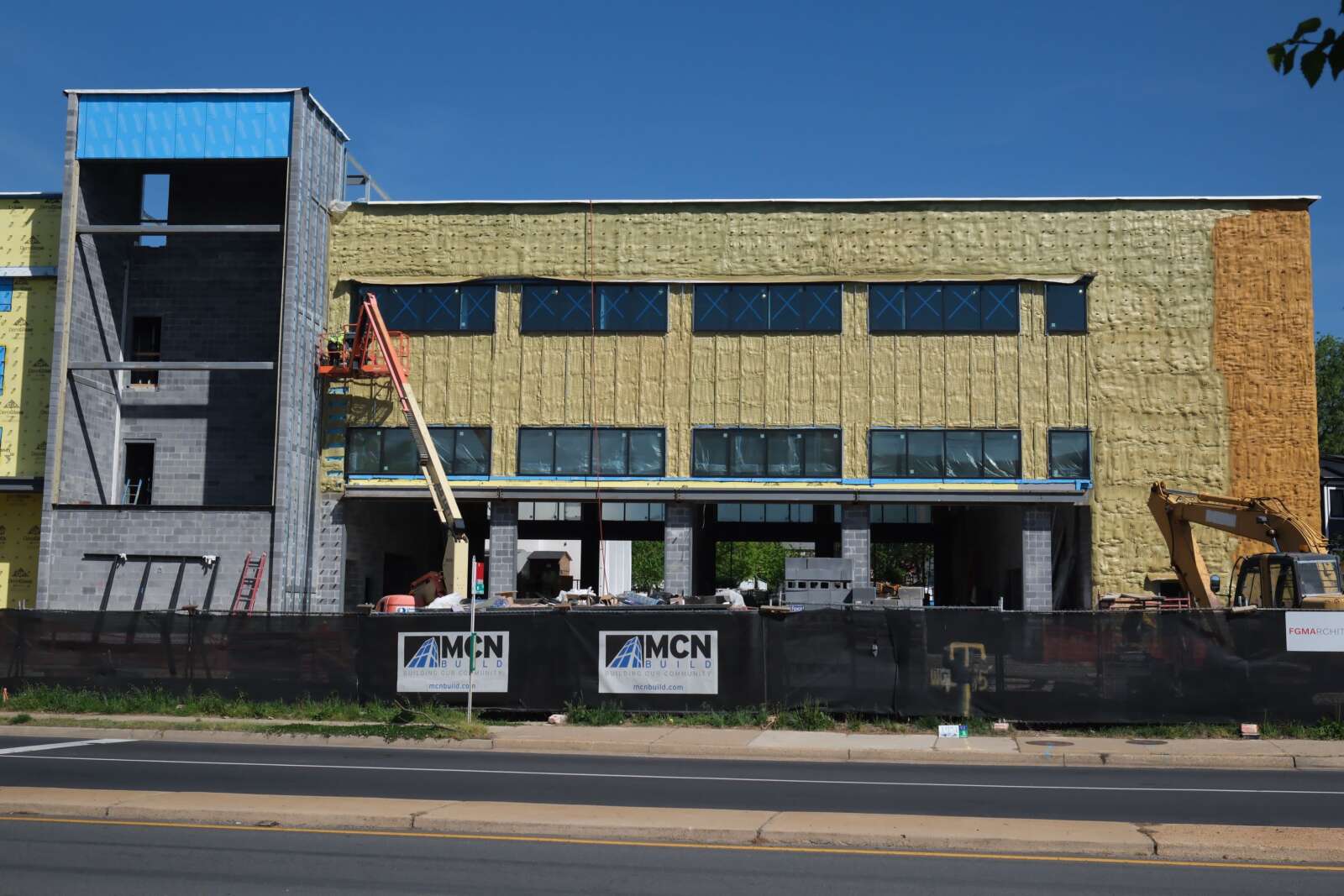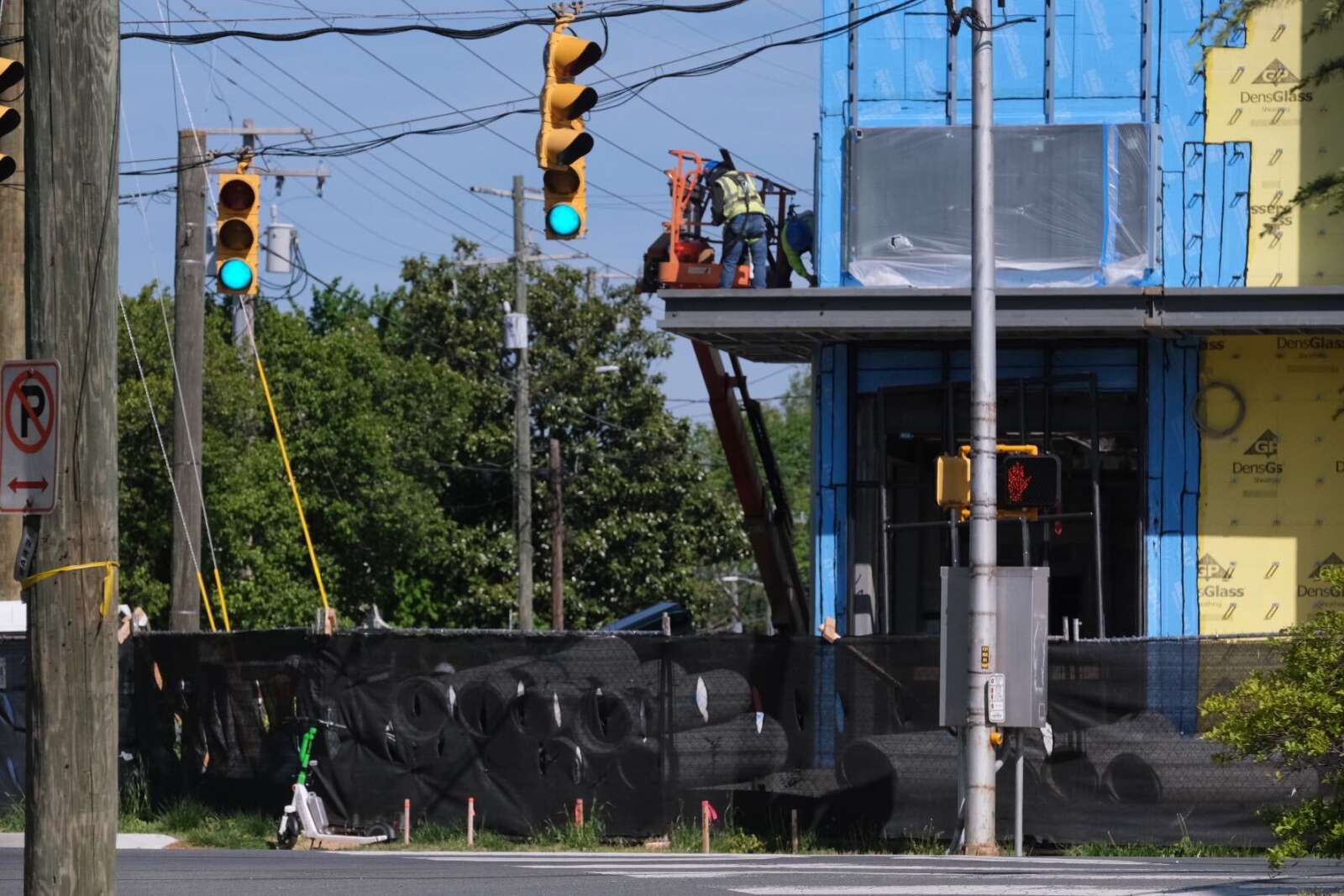
Sponsored by Monday Properties and written by ARLnow, Startup Monday is a weekly column that highlights Arlington-based startups, founders, and local tech news. Monday Properties is proudly featuring 1515 Wilson Blvd in Rosslyn.
Anna Sullivan remembers when she used to mark out her travels on a physical map using push pins.
It helped her visualize everywhere she had ever been — but, being a map, she could not just pull it out if a friend planning a trip asked her where to visit or eat. Sometimes, her mind would go blank during these “on the fly” requests for recommendations.
“It’s hard to think back on a trip sometimes,” she tells ARLnow. “I thought, ‘It’d be cool to have this with you all the time.'”
That is how the former Ballston resident came up with the idea for Pinplanet, which she describes as a digital travel scrapbook and trip planner. While she is the creative force behind the app, Harout Boujakjian, who lives in Courthouse, handles the technical, programming side of things with a third team member, Andrew Hornstra.

Sullivan and Boujakjian tested out Pinplanet on recent trips to Ireland and Mexico. Now instead, of trying to remember which restaurants they ate at or excursions they went on, they can pull up locations and experiences they pinned.
“It’s nicely curated,” he said. “It’s so much easier to point people to it.”
Sullivan had been kicking around the idea since college but it never went anywhere until she met Boujakjian in the summer of 2021. They began talking about making the app that fall and had a soft launch of a progressive web application by May 2022.
“Friends and family who tested it out wanted it to be a native mobile app,” he said. “So we took the plunge and got an iOS app out in November 2022. That was our hard launch.”
Since then, Sullivan and Boujakjian have honed the app, finding and fixing bugs or discovering new features to add, while on trips to New York, Philadelphia and Cincinnati.
Next, he and Hornstra will build an app for Android, which he said is not an easy feat for such a small team, all of whom have day jobs.
Another function he aims to realize in the next year would be something like an “explorer page,” which would use pinned trips from followers — paired, perhaps, with machine learning — to generate a grid of recommended places to inspire future trips for users.
Taking a page from the book of social media and popular music platforms, Sullivan says she wants to create a year-in-review feature.
“We’re probably going to dive in more on the travel stats and figure out other ways to make it interactive and flashy — have a yearly snapshot of your travels,” she said. “We’d put together a video of places you pinned in 2023 and make that something you can share. People love that kind of stuff.”



